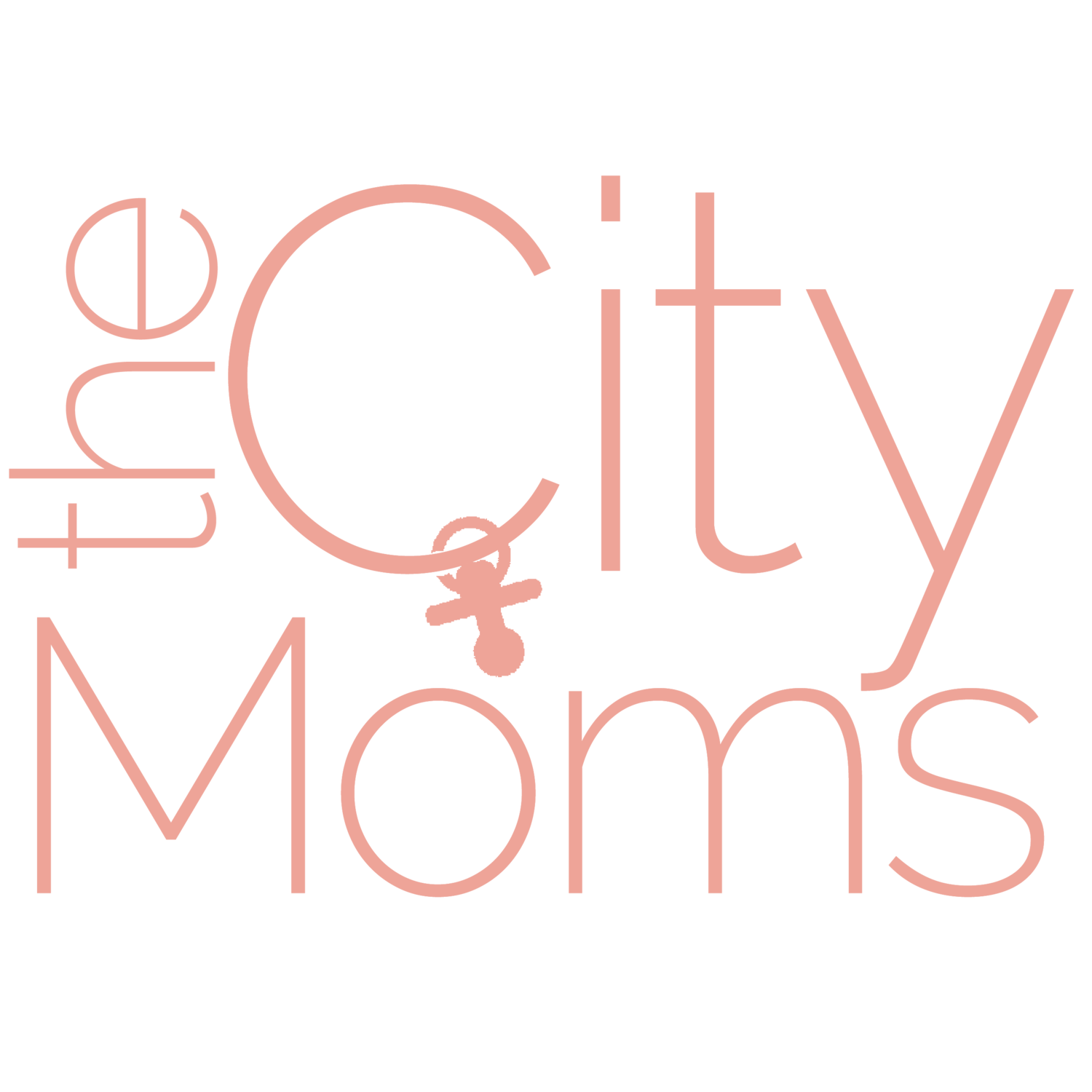Real talk: Creating equity in the home
Walk into our house at any given moment,
and you may just see our daughter hopping up the stairs to search for items needing to go to the trash. You’ll hear our son mentally tallying the number of socks he just matched from the laundry. Turn into the kitchen and you’ll spot Dad packing the next day’s school lunch. And where am I? Follow that buzzing sound and you’ll find me outside mowing the lawn.
Credit: Original Photo
Our family is on a journey towards equitable housework, and it started long before we had kids of our own. My husband and I came from single-parent households, so we were used to doing whatever tasks needed to be done. With this experience in mind, we wanted to be intentional in what we showed our children about family roles in household chores.
Using Housework to Connect
We use chores as opportunities to connect. When it’s time to wash the dishes two of us can get together and share stories or talk about the day, while scrubbing a plate or loading the dishwasher.
Folding laundry is a great time to belt out our favorite tunes. Recycling in our house always turns into a fun shooting practice game. Housework can be as meaningful as you want it to be when more than one person takes on the tasks.
Team Clean
As our family grew, so did the tasks around us. I could start to feel the resentment building as it seemed that I was the only one who cared or wanted to keep the house presentable.
The heavy sighing and stomping around the house weren’t getting the message across that I needed help. I found when I made comments like, “I didn’t make this mess, you need to clean it up,” that they only later backfired when I wanted help with another task.
One night after dinner, I remember my son saying, “Mommy I didn’t cook dinner and make the mess. You did. So, I don’t have to clean it up.” He had a point. A point that I had unintentionally taught him. What we were doing wasn’t working and we needed a change.
Credit: Original Photo
Our goal now is to give everyone an opportunity to balance the workload in the house.
No one person should carry the entire team. This means we do what needs to get done, and in our home, that looks different from week to week or day to day. We now practice saying aloud, “What needs to be done in the house?” and then we tackle that room or task as a group.
The change in language focuses on how we can all contribute to help. It’s a great way to ensure that every family member is invested in the upkeep of the home, and we don’t fall into thinking that a specific chore can only be done by one particular person. It also shifts us away from blaming scenarios.
House tasks don’t have to be viewed as a punishment. In many cases, housework is created as a result of something fun, so we try to be thoughtful about how we talk about cleaning up. When we say, “Wow, playtime was amazing, now let’s clean up so all our toys are ready for next time” we create the perception that clean and organized spaces are also fun spaces to be in.
READ THIS NEXT:
Say Goodbye to Gender Roles
Women make up more than half of the workforce and yet still have the expectation thrust upon them to complete the bulk of household chores.
How did equality in one area overburden us in another?
To combat these disproportions in our house, we focus on ability and need, rather than gendered stereotypes for task completion. If I don’t hit 10,000 steps a day on my watch, I’ll be pacing the floors until I do. It only makes sense then, that I’d cut the grass to complete a weekly task and crush my step goal.
Dad’s job is full-time in the office, which means he is usually the first to get laundry sorted and started for the week ahead to ensure he has the appropriate work attire. We also make it a point to reinforce our beliefs with dialogue.
I often ask aloud, “What if someone asks you why mom mows the lawn and not dad, what would you say?” Our kids simply reply, “Housework is for everyone.”
Credit: Original Photo
Our journey towards an equitable home hasn’t always been smooth. We’ve hit snags, gotten turned around, and sometimes, even stuck.
But I love that with every movement forward, we’ve created an environment that encourages every member of our house to be equally valued and appreciated, which we believe shapes how our children view the world and everyone in it.






